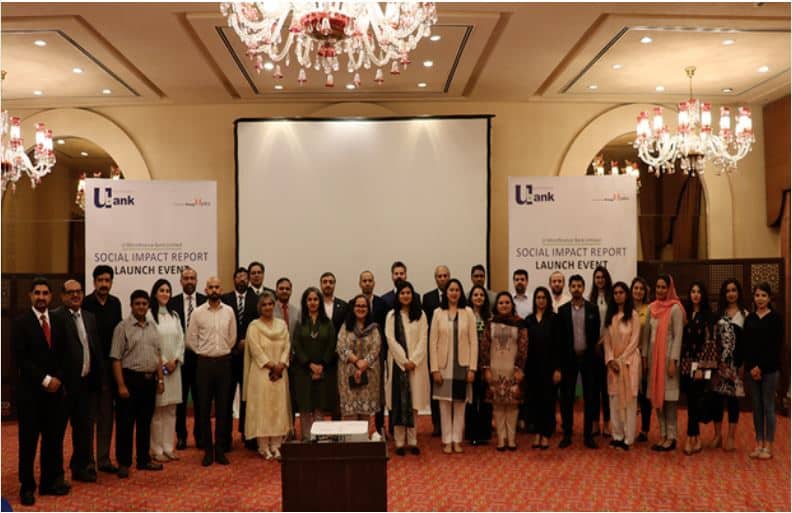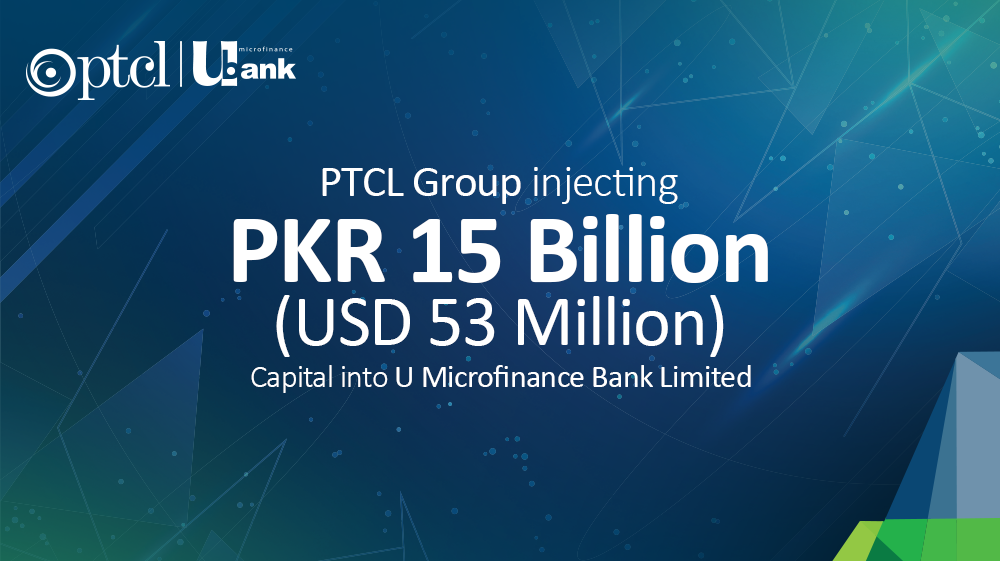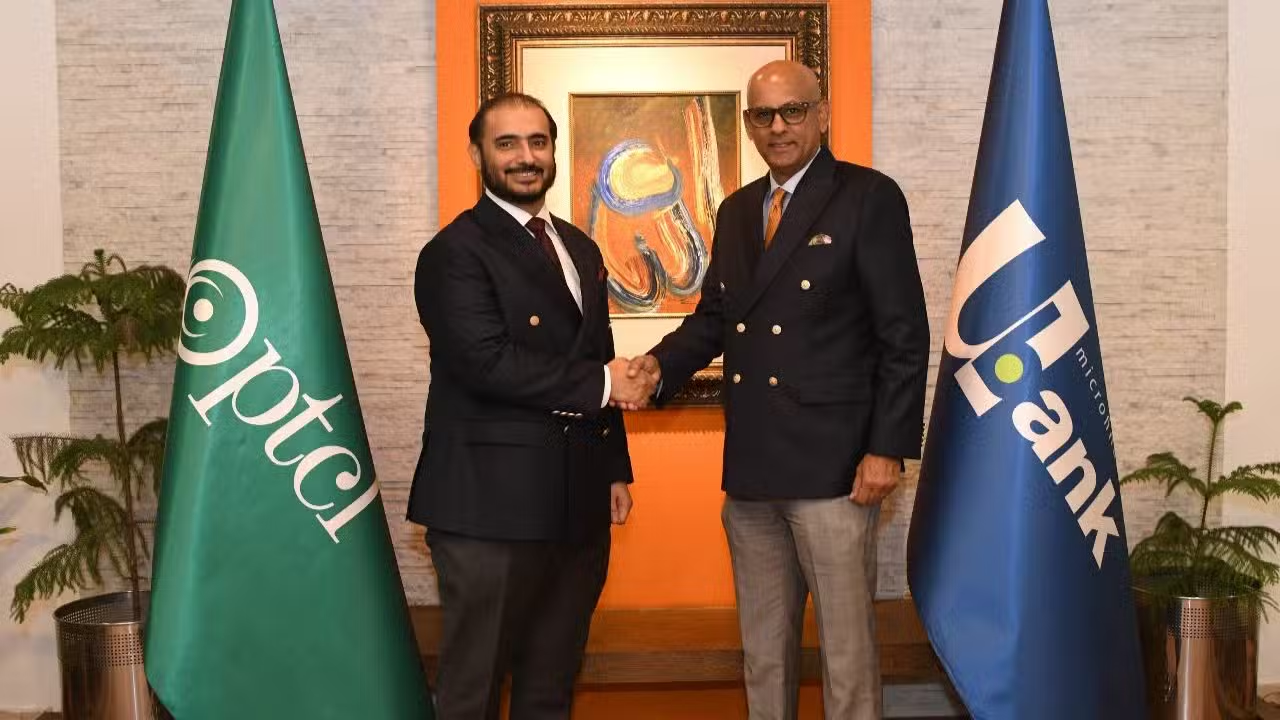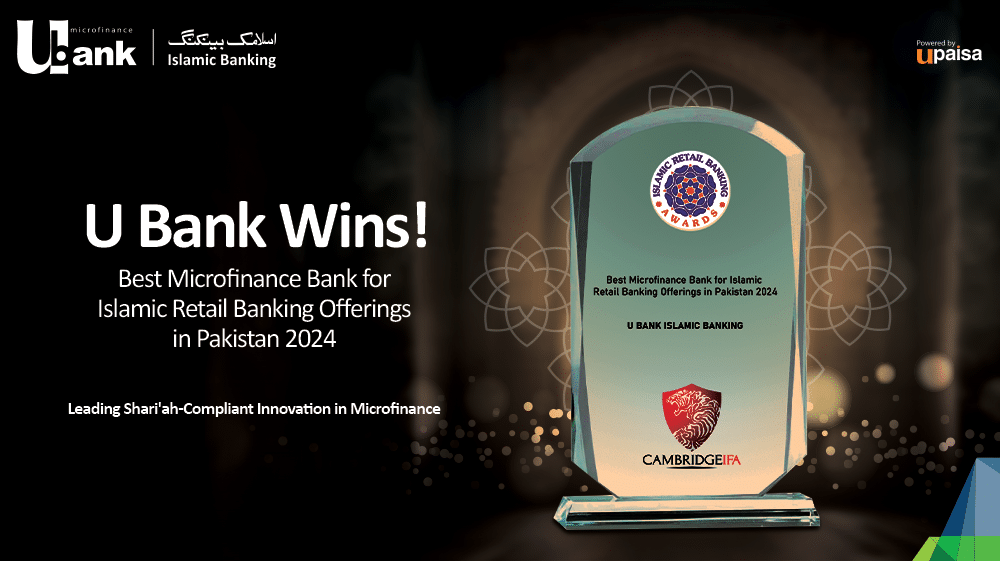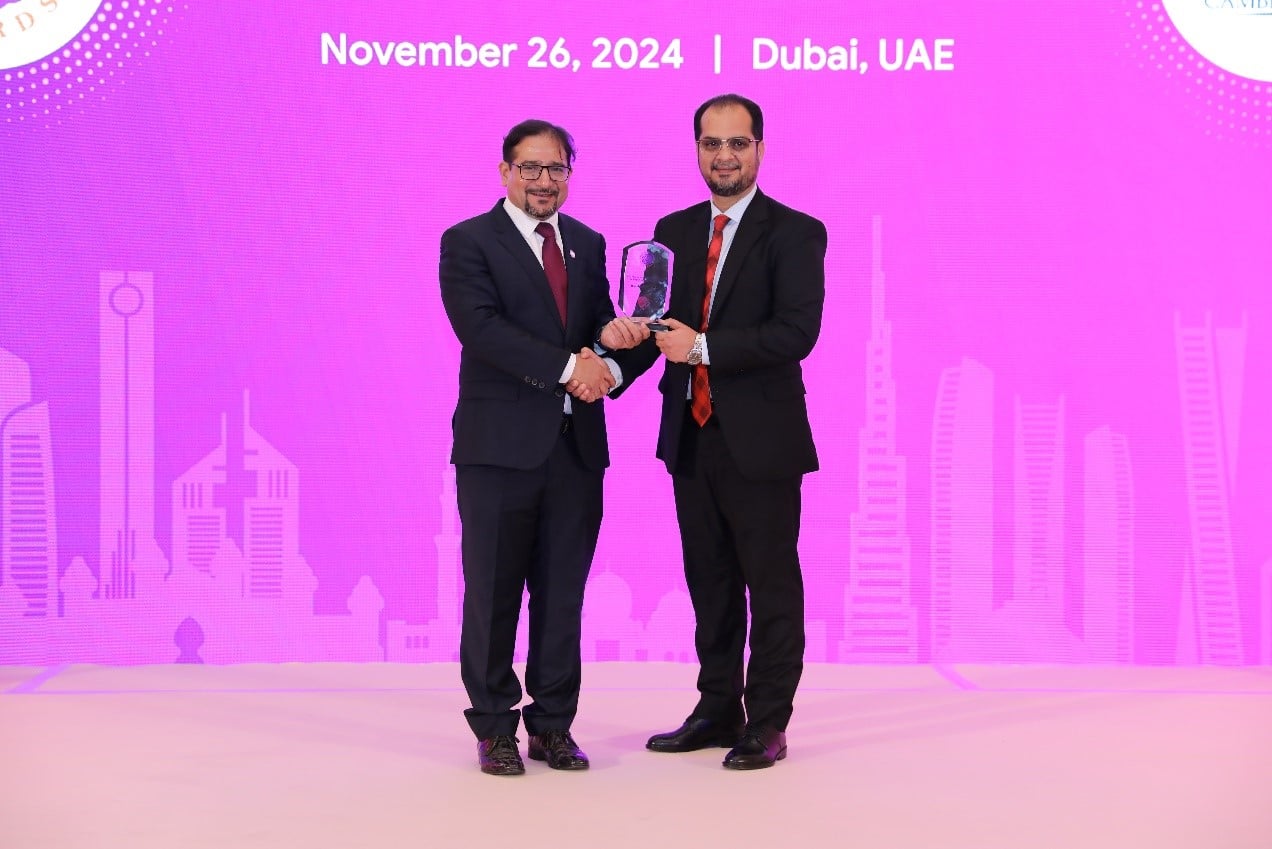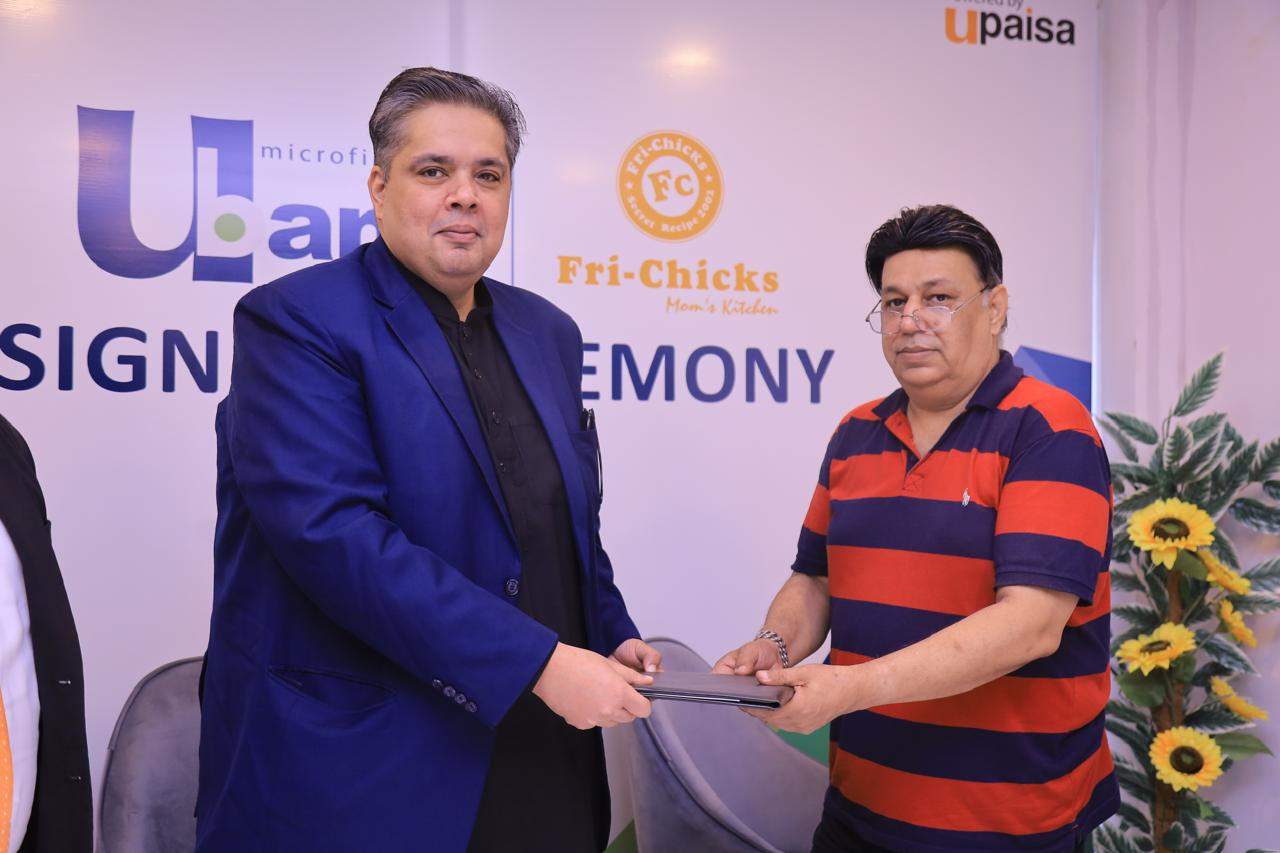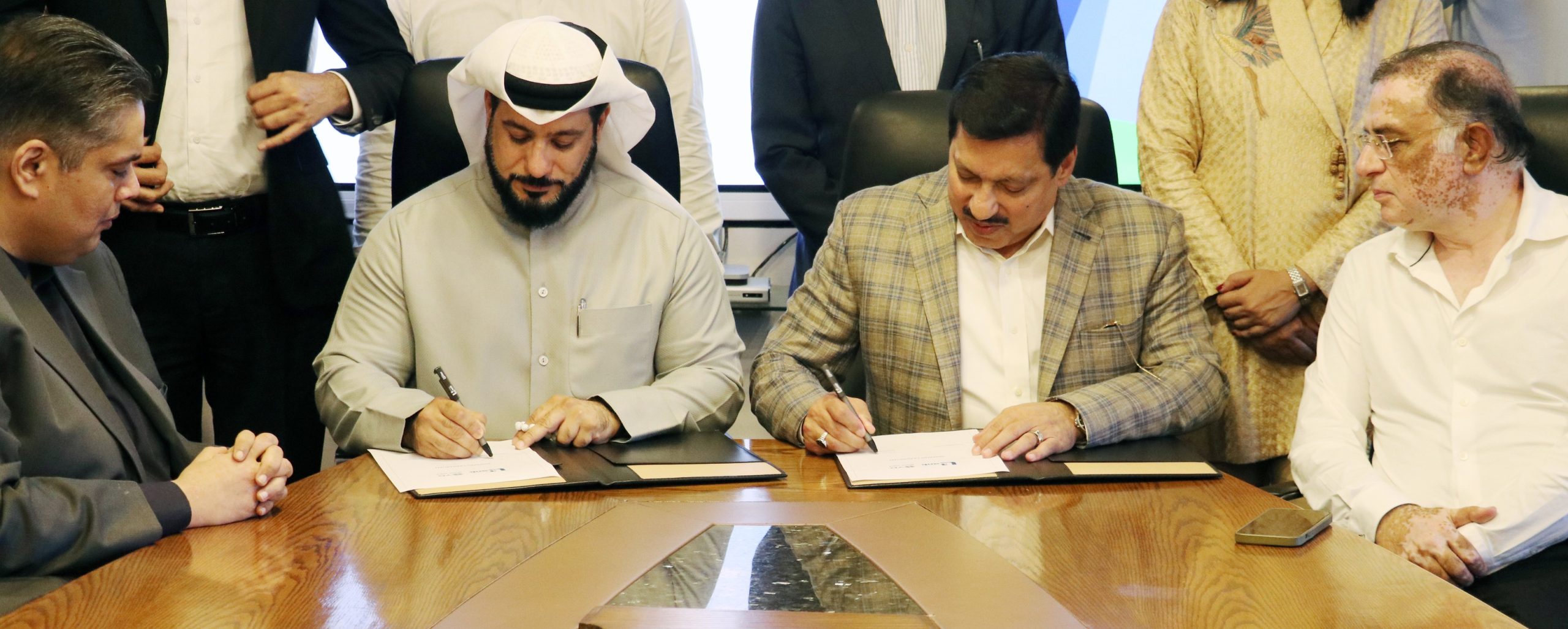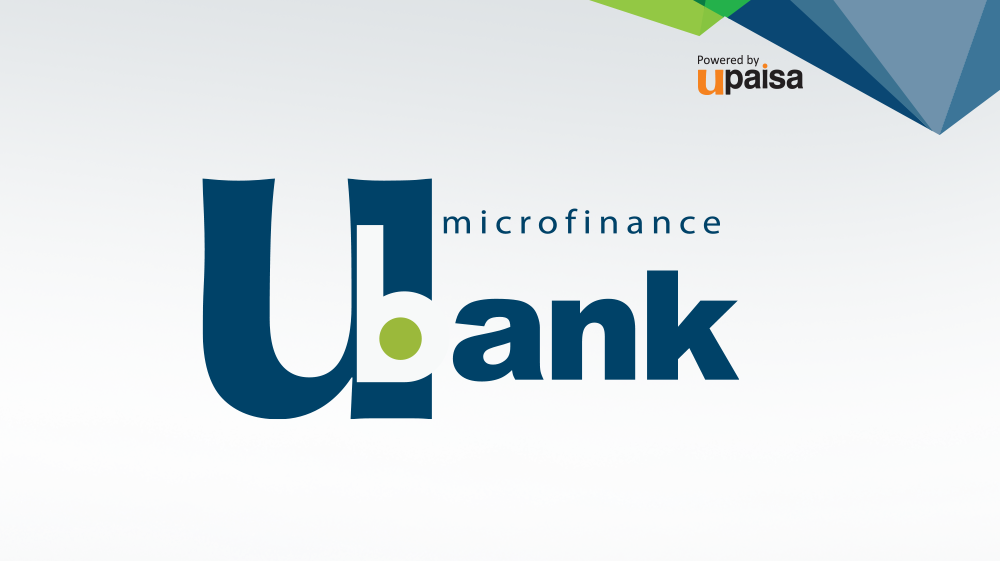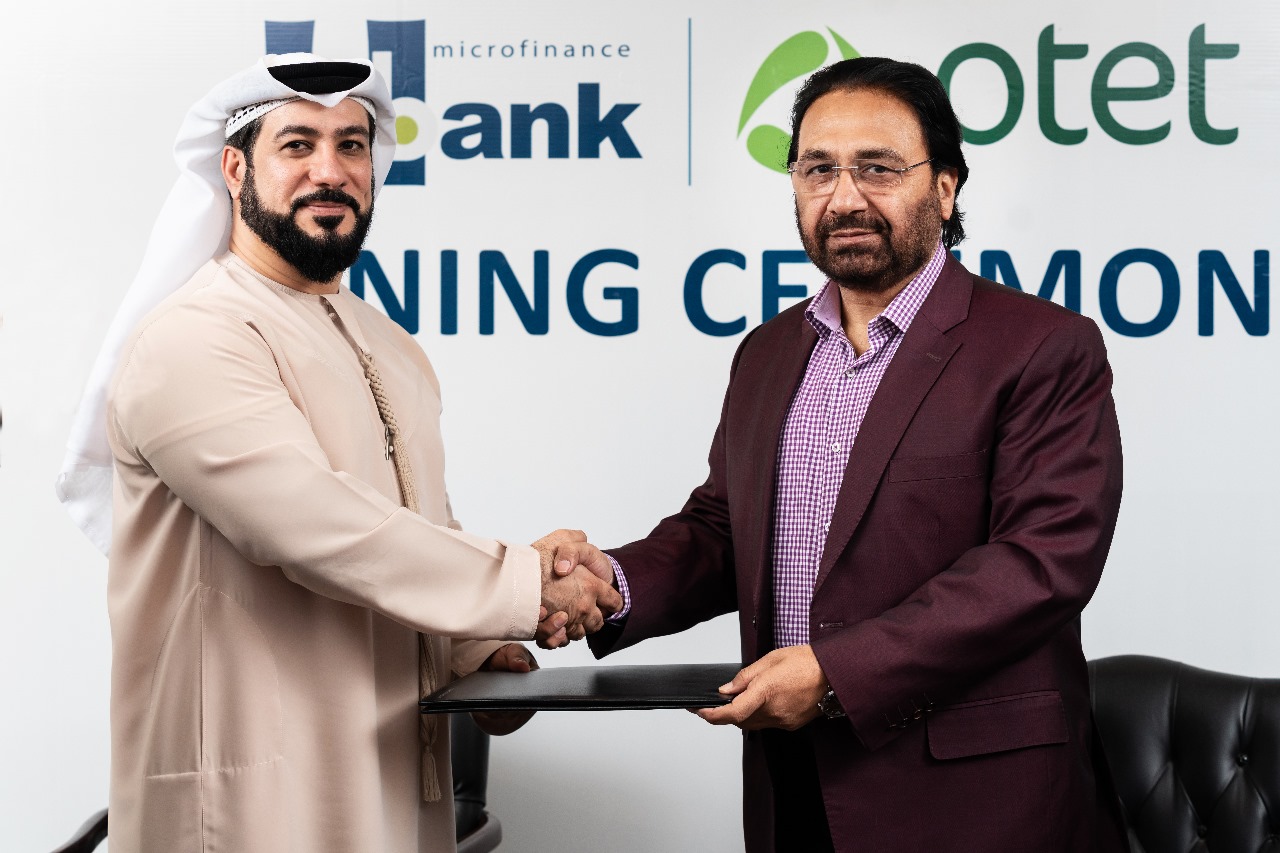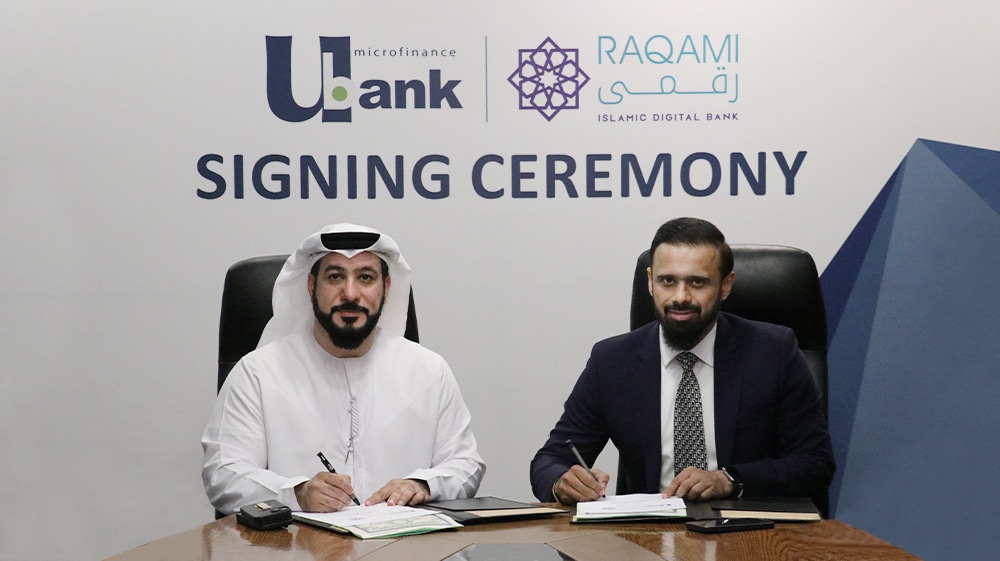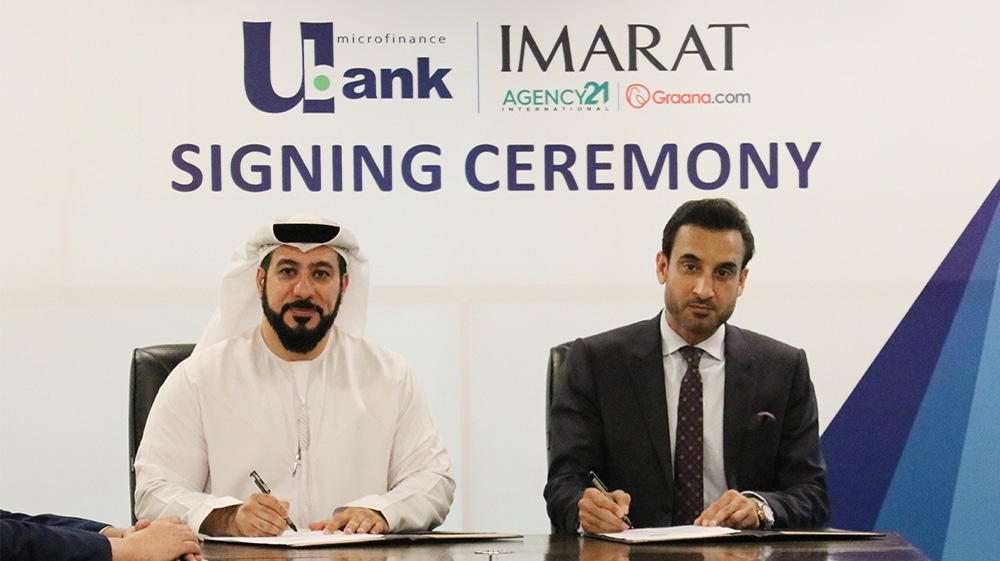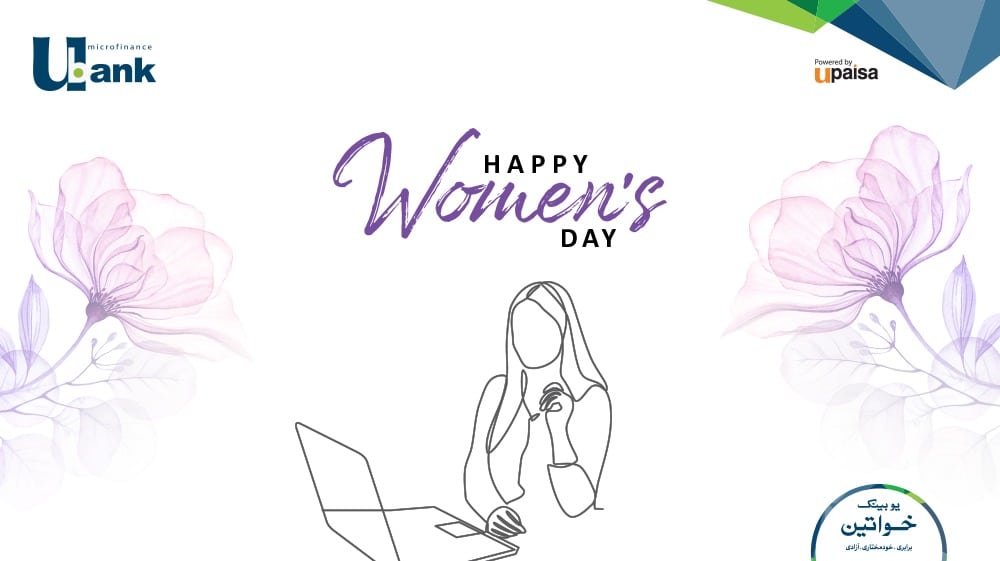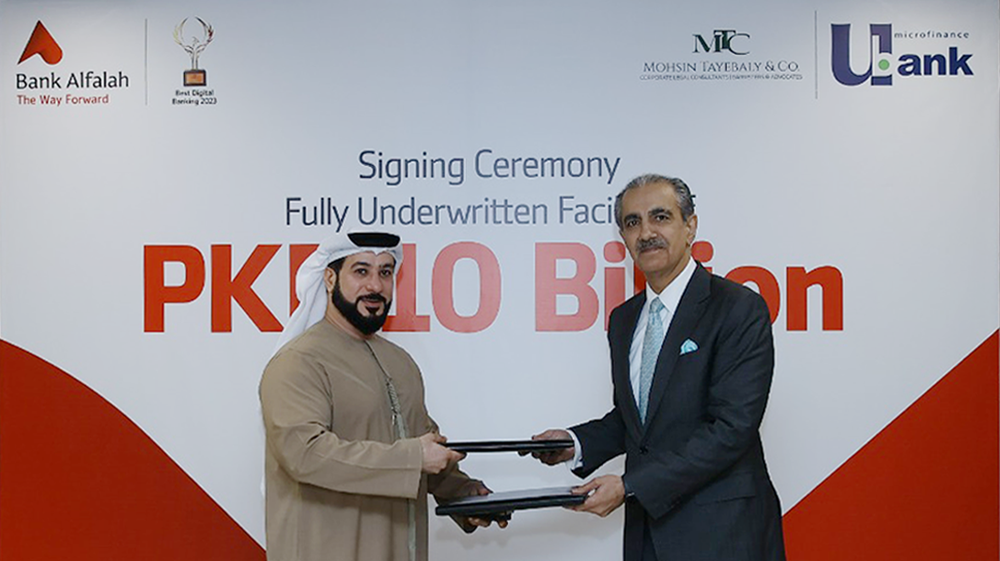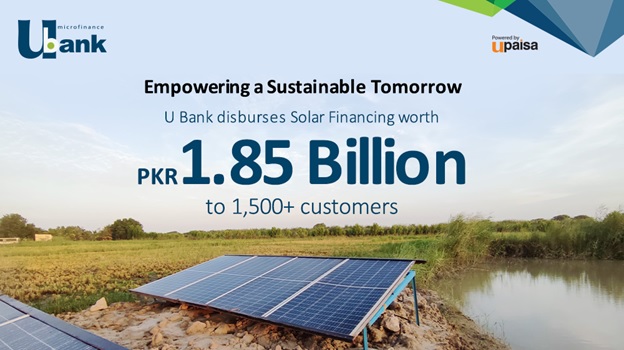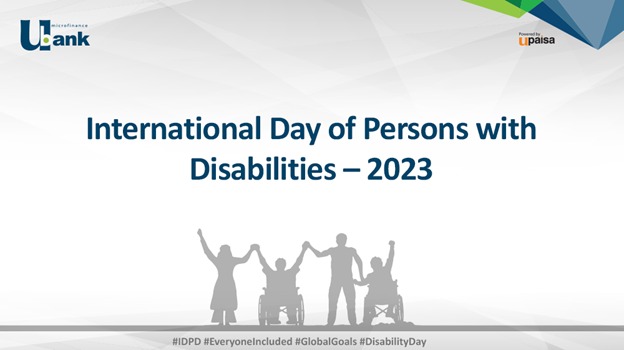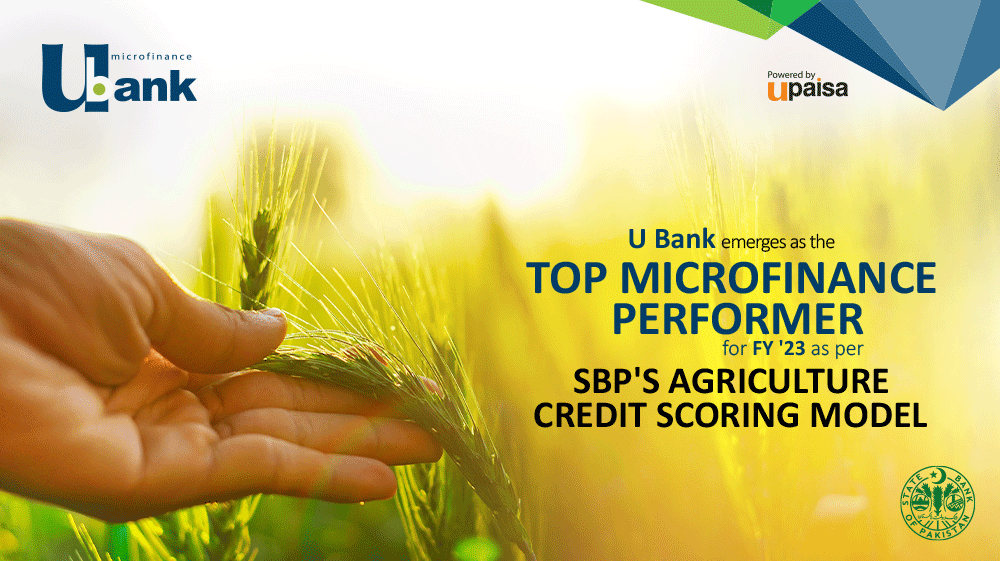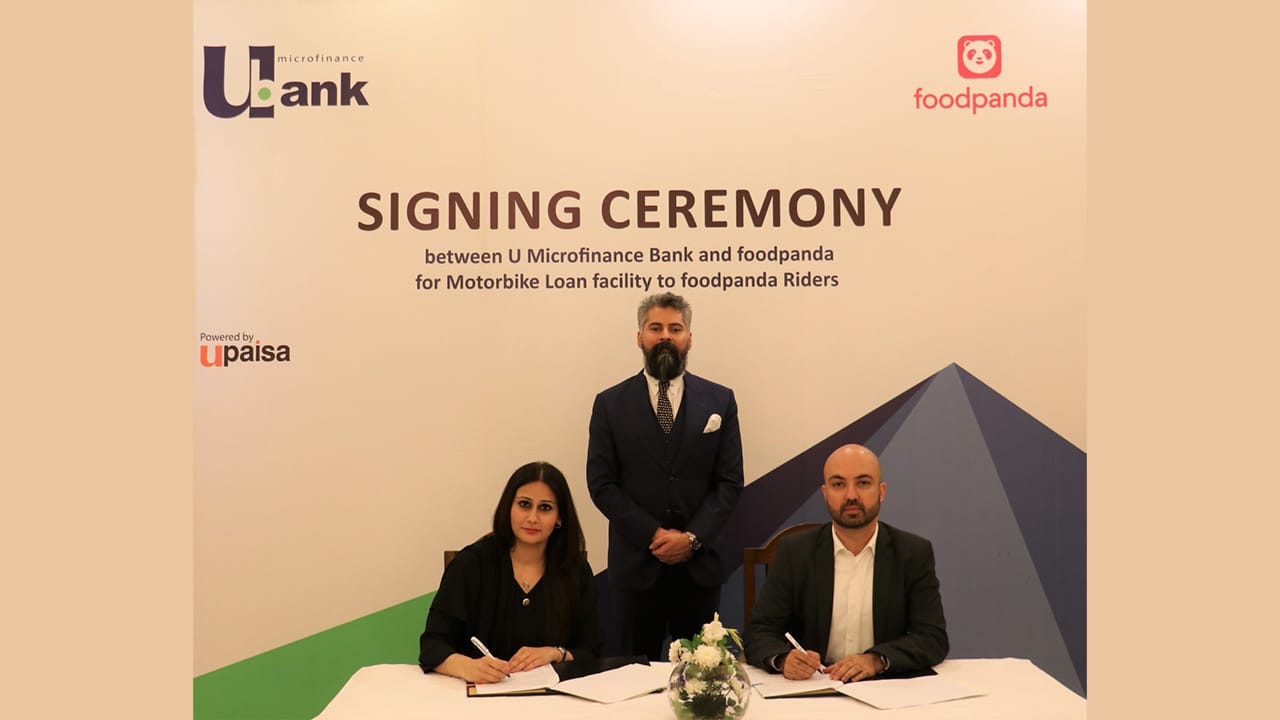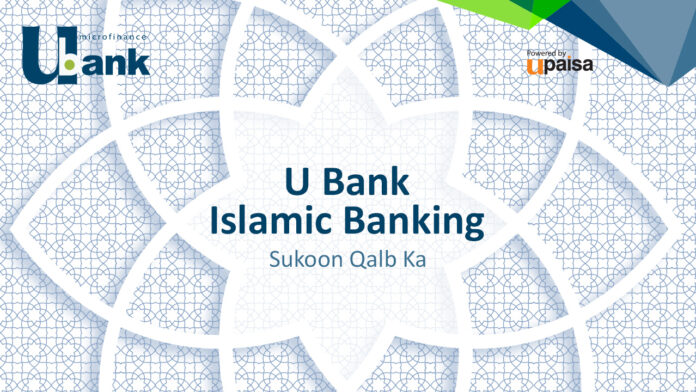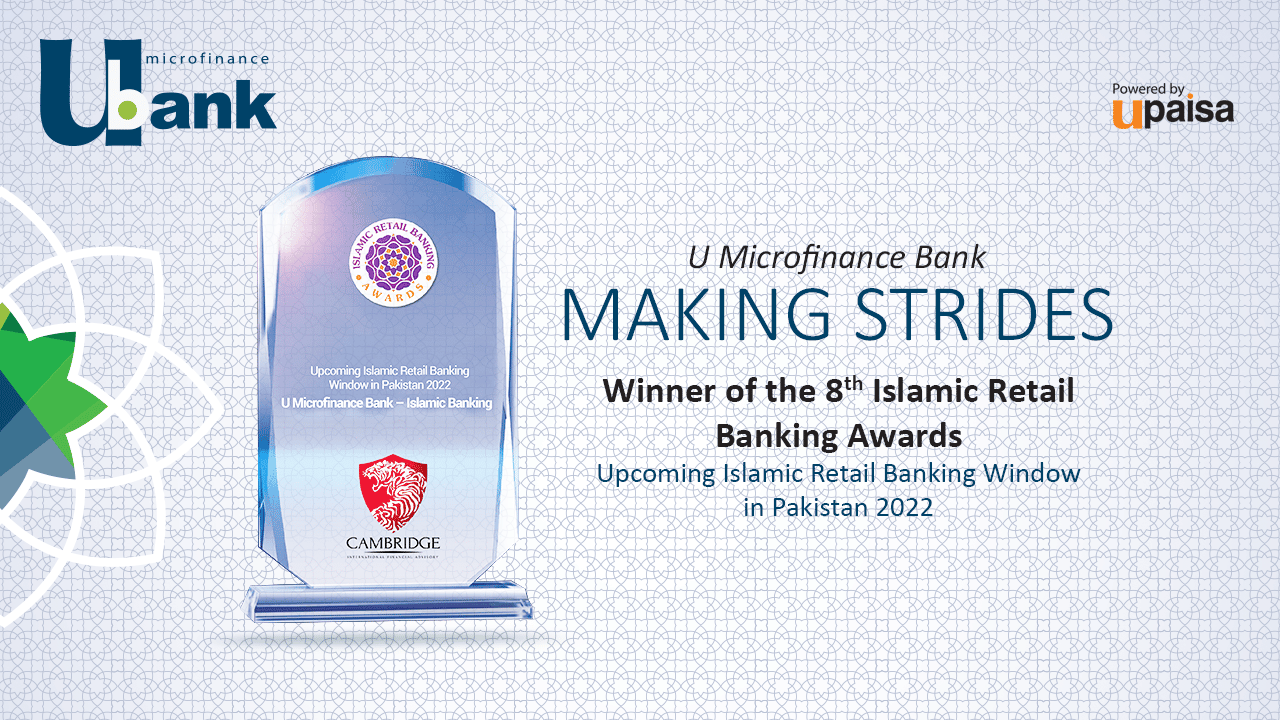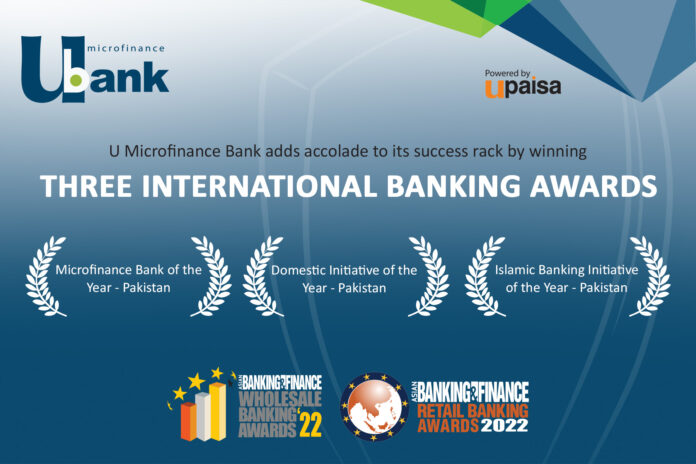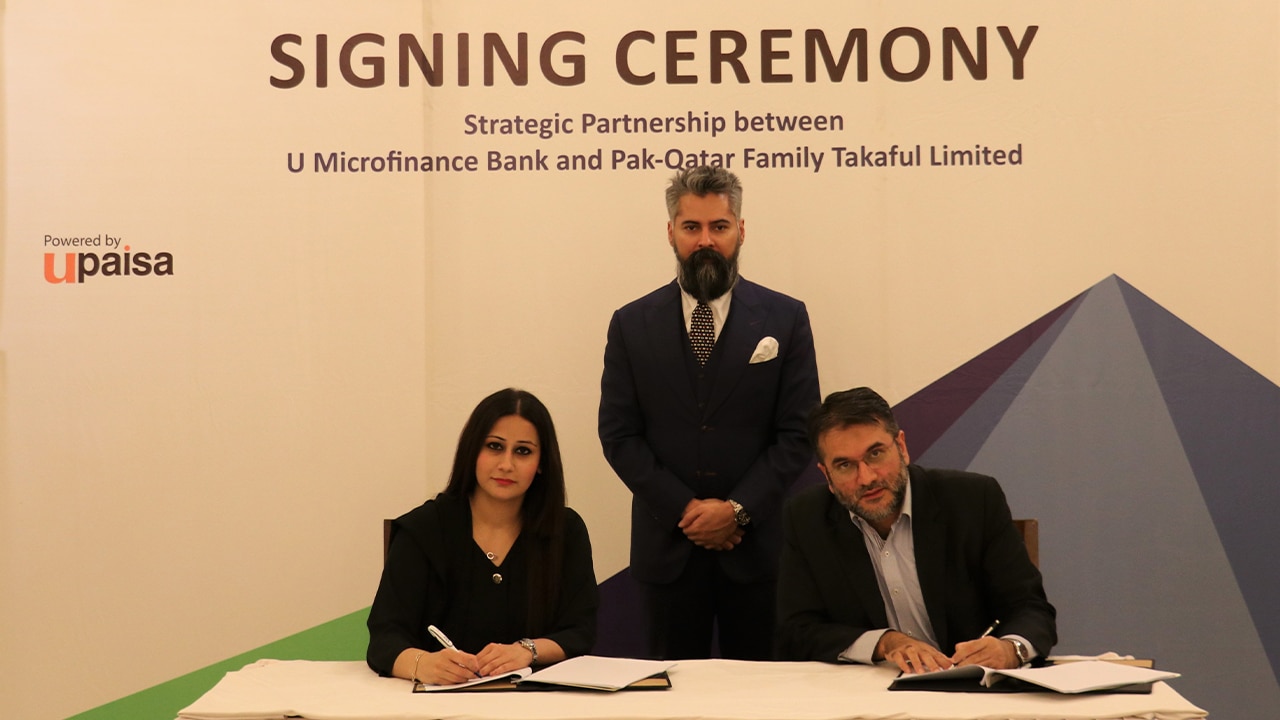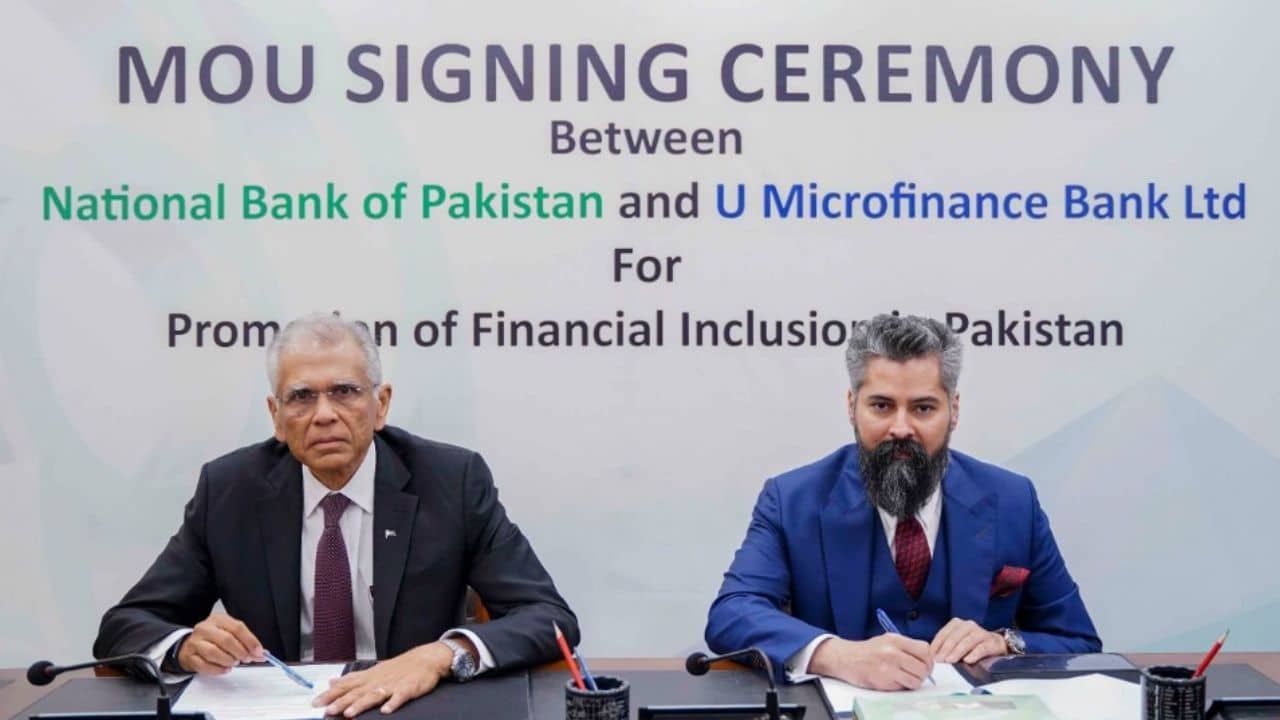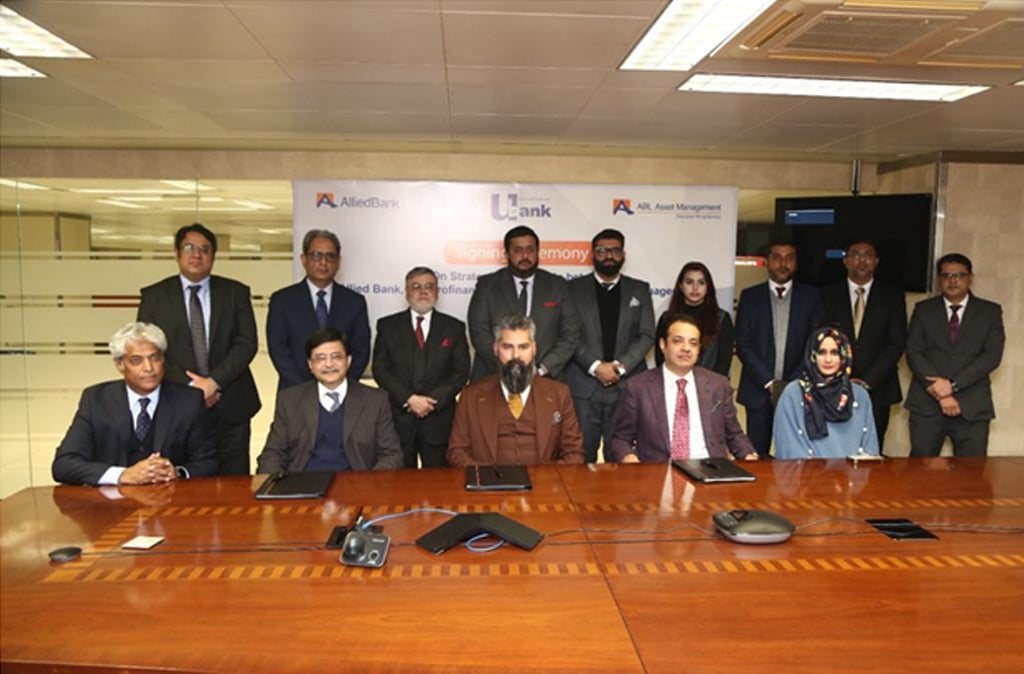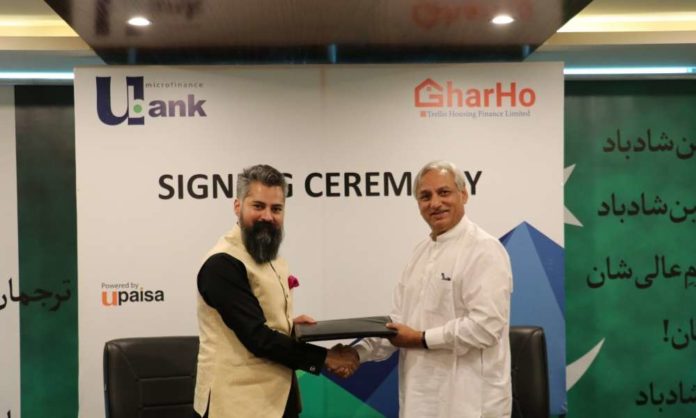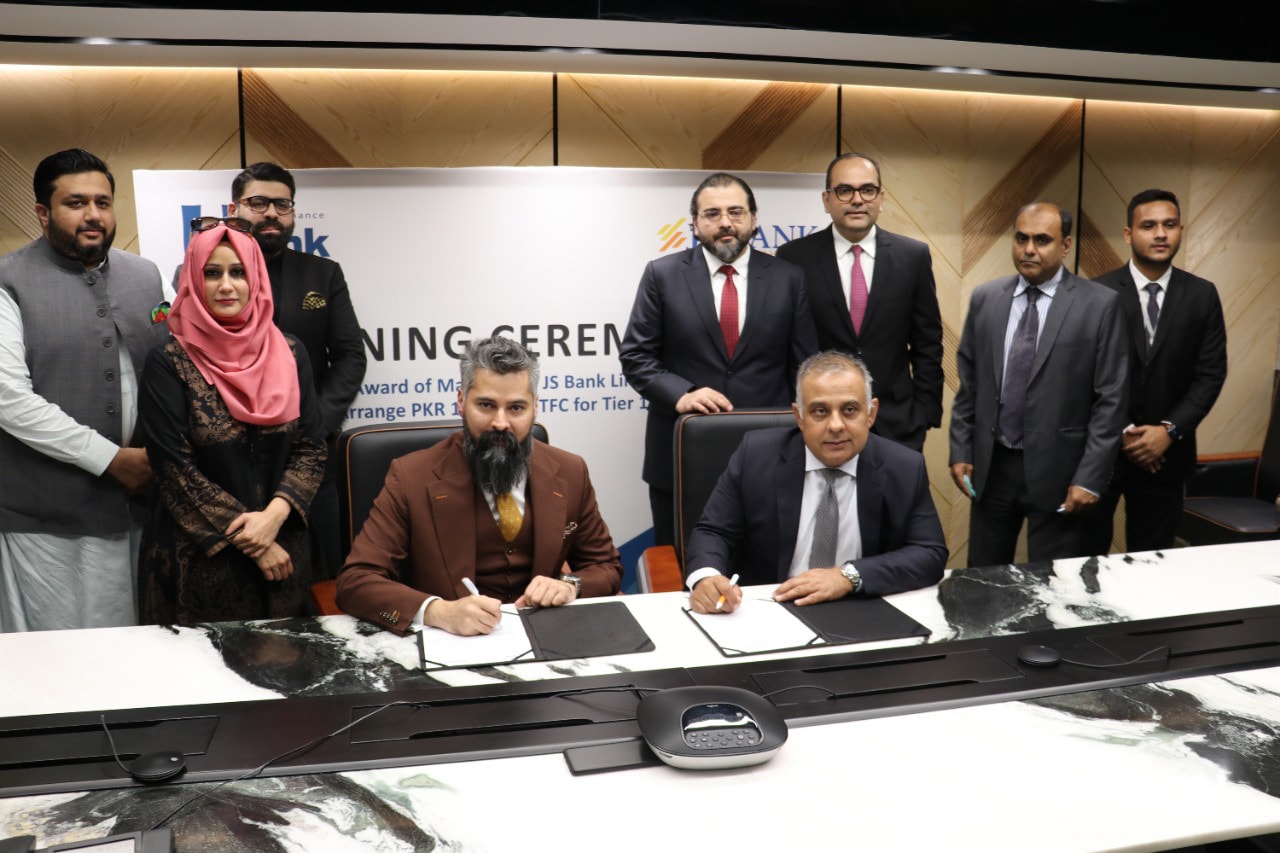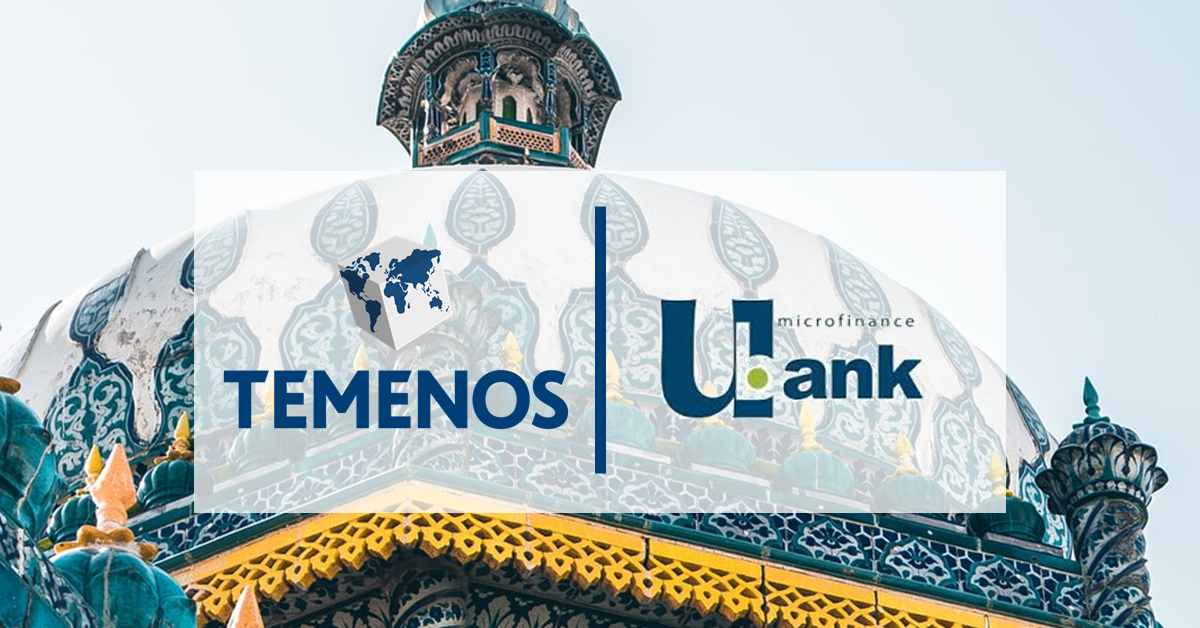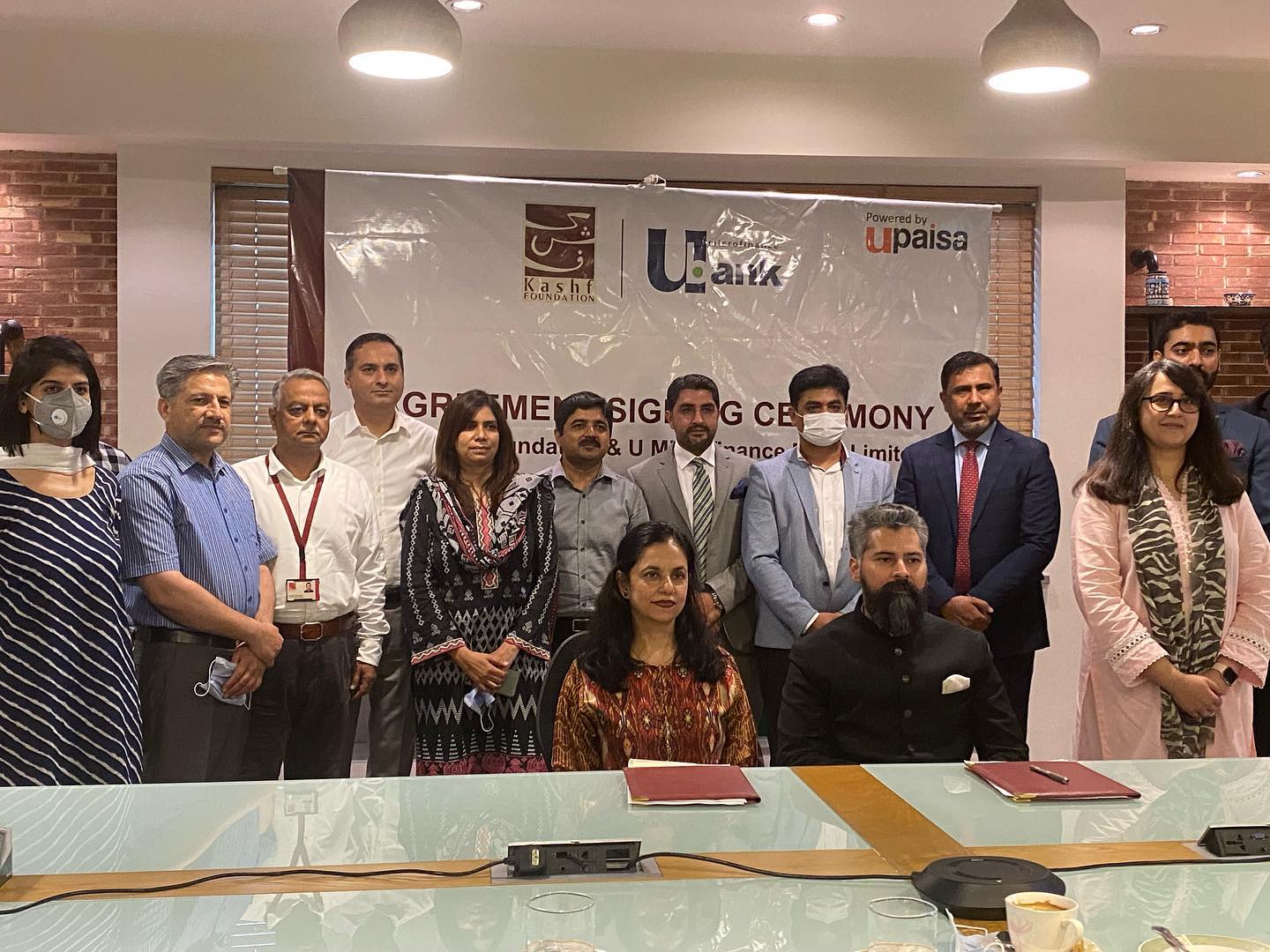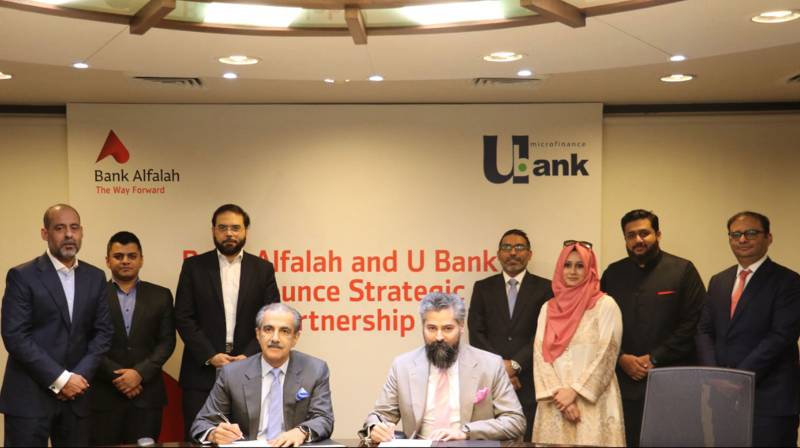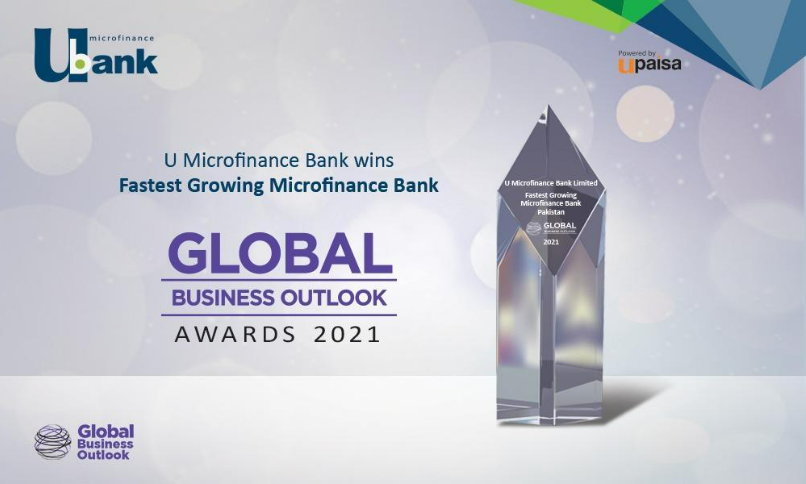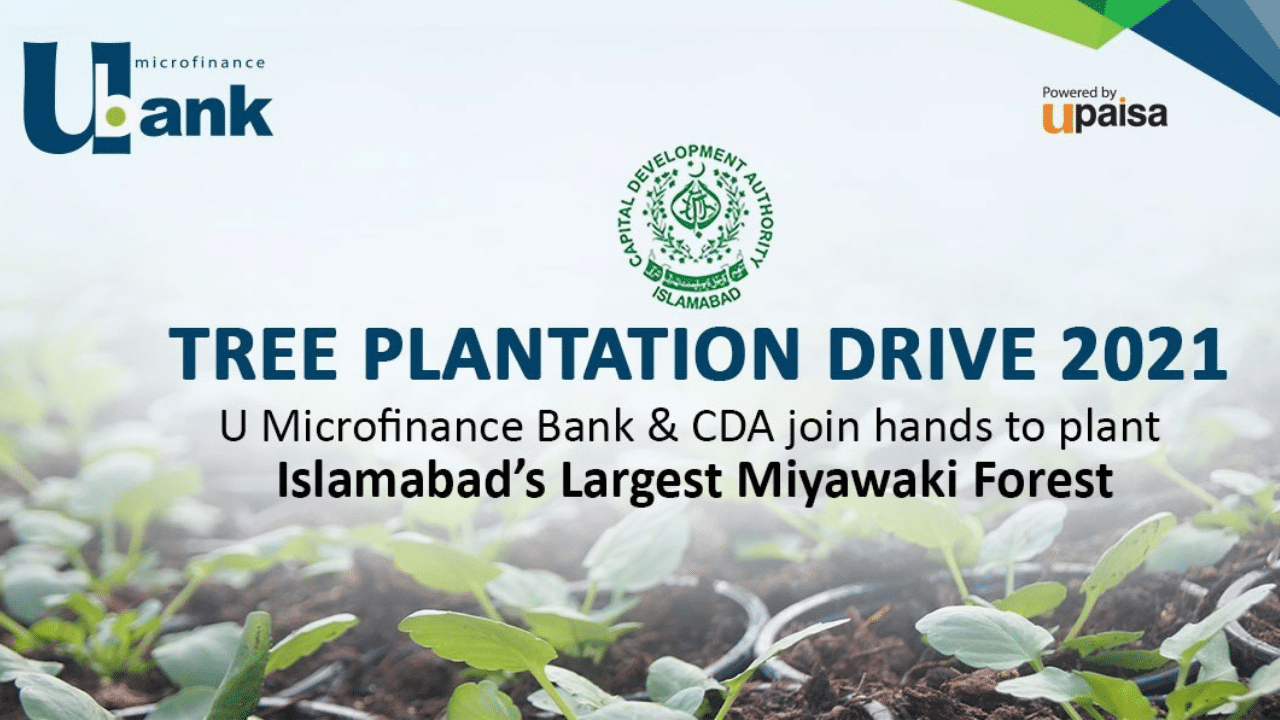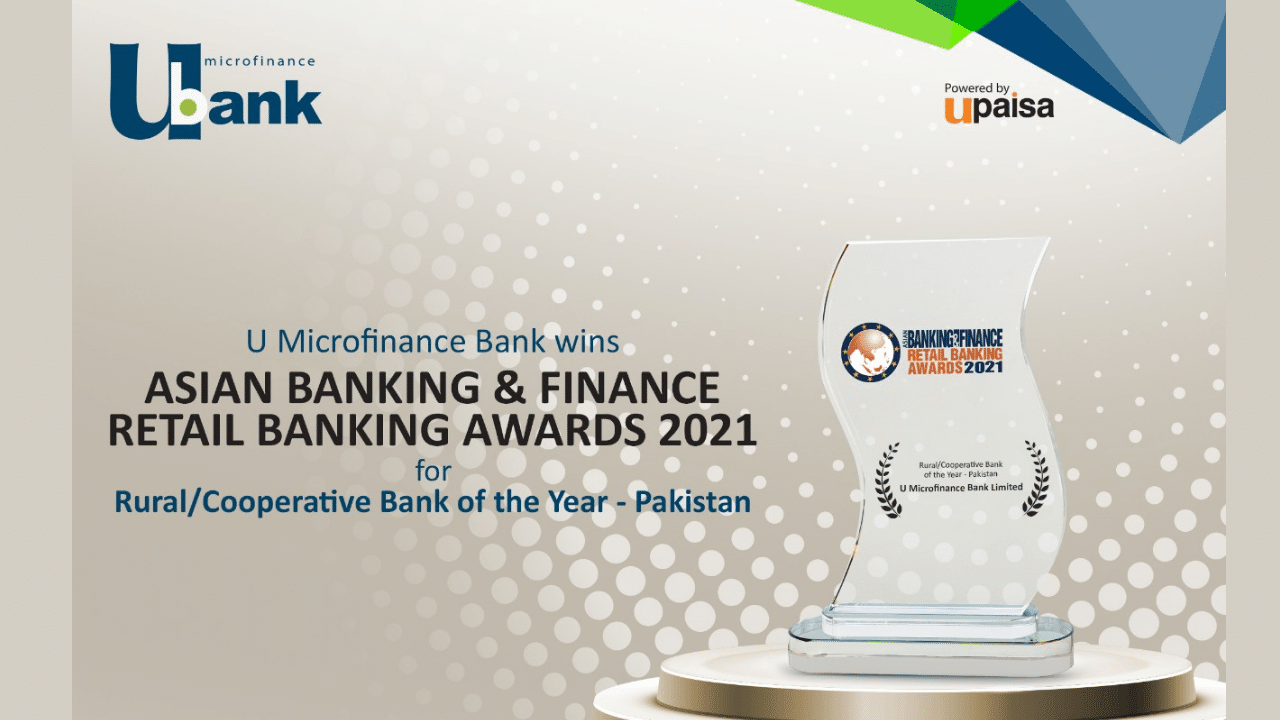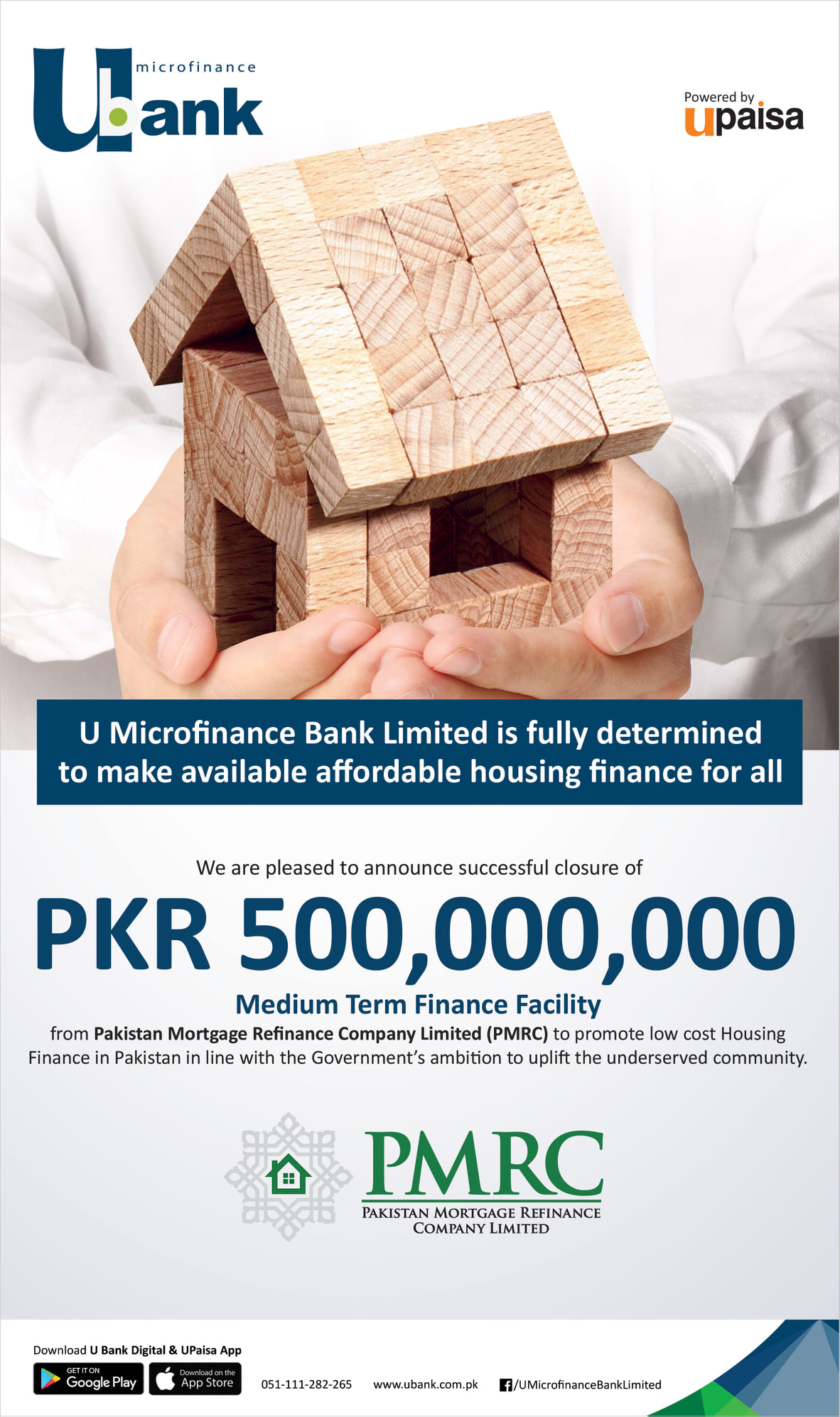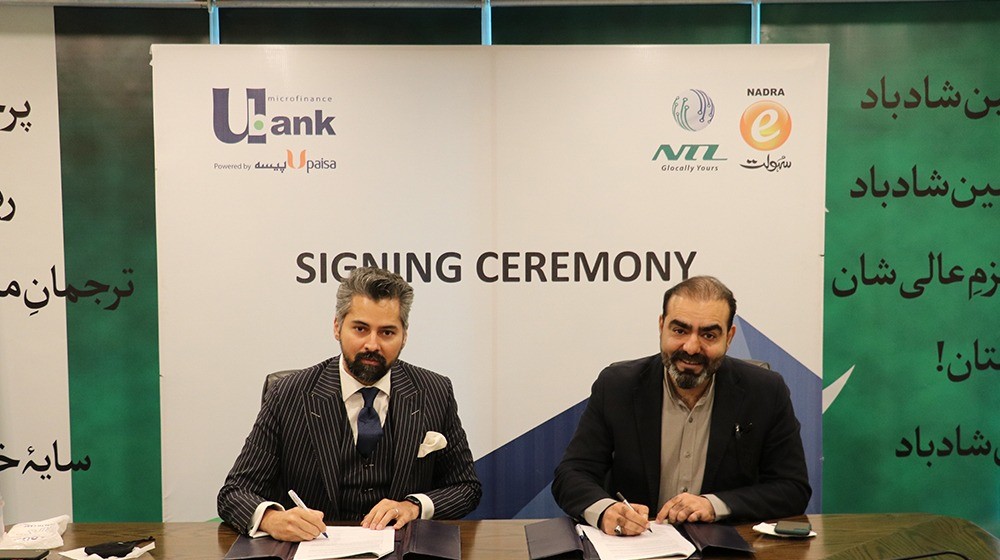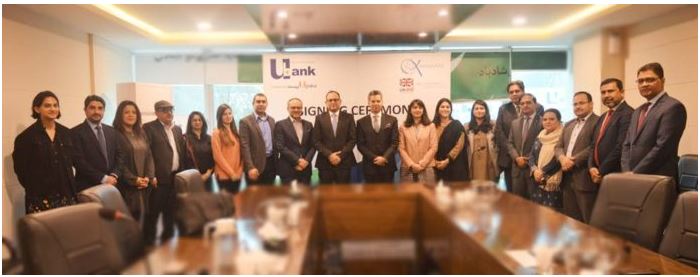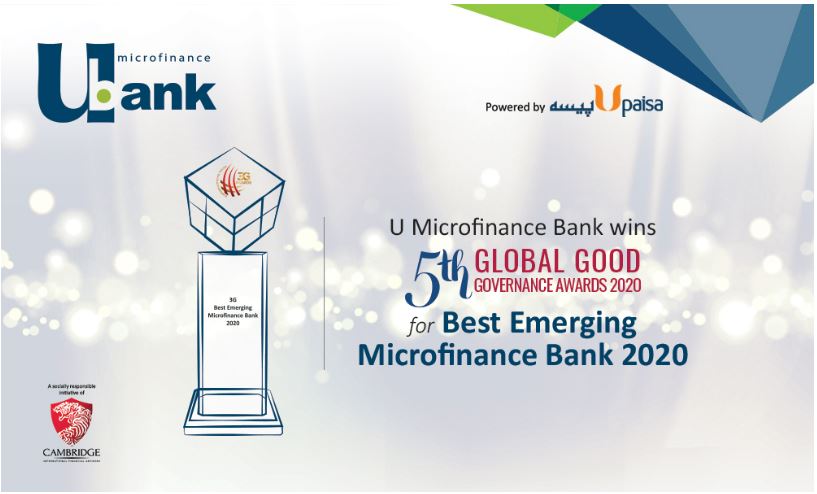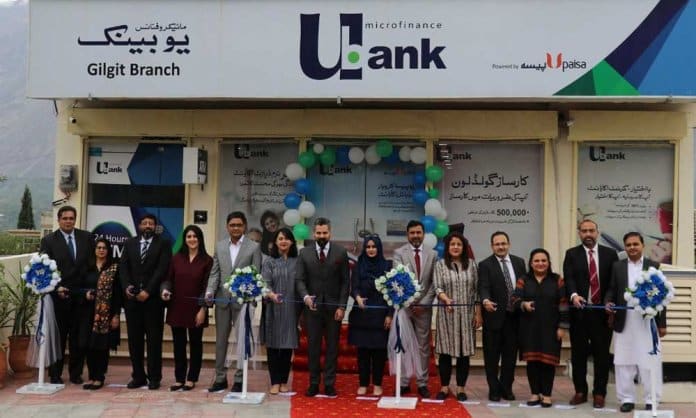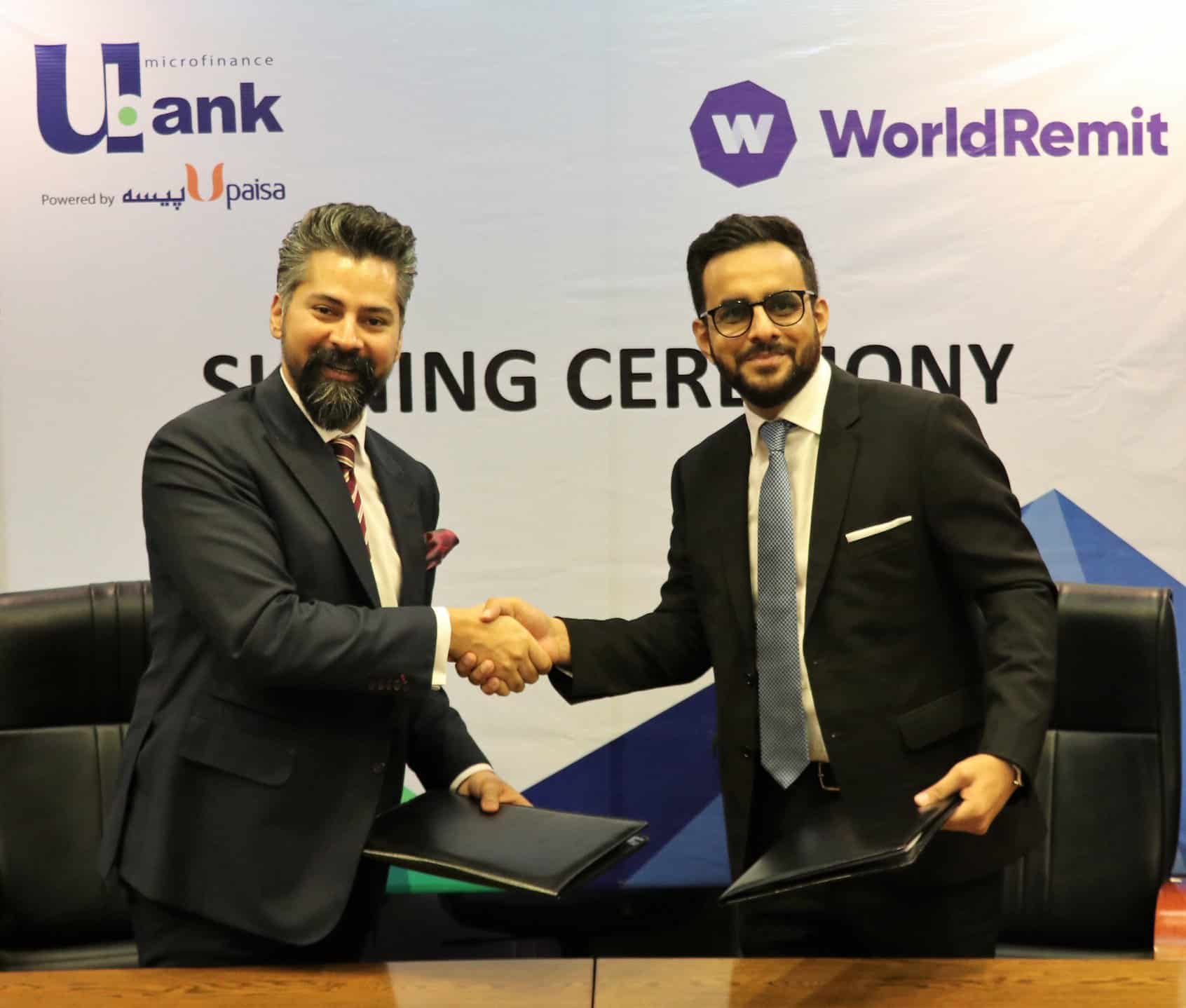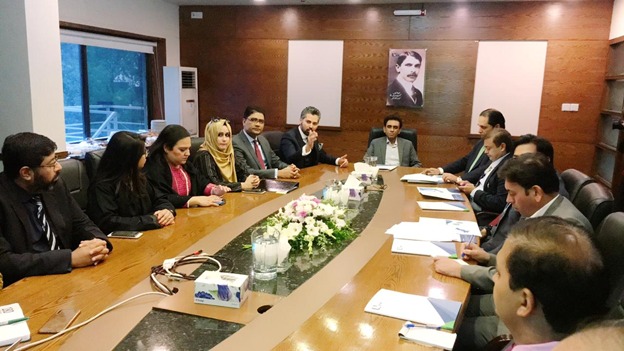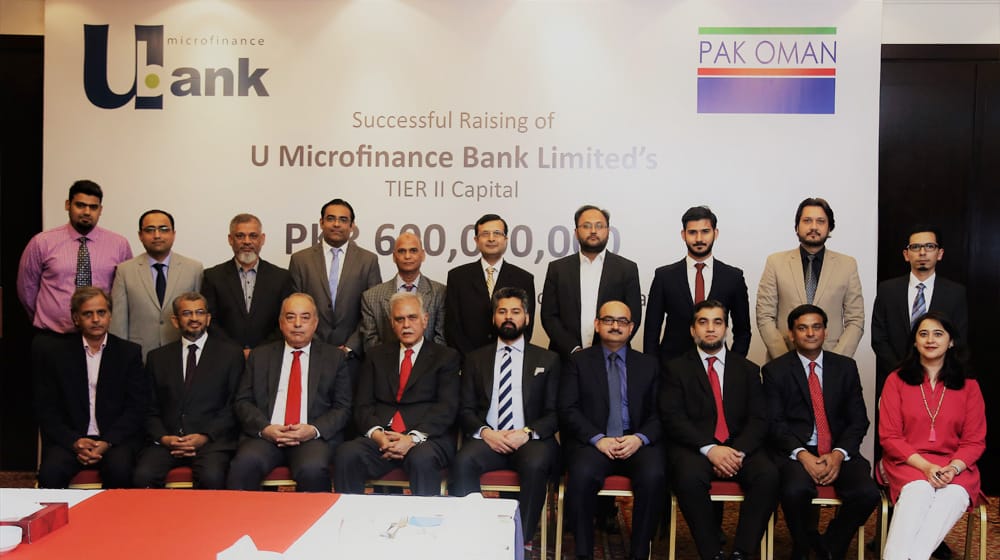Media coverage over the past few months has largely been focused on the recent record-breaking inflation levels in Pakistan and the consequential exponential rise in electricity prices. Under rising economic uncertainty, the residents of Pakistan have greatly struggled with a persistent energy crisis and have continued to rely heavily on costly fossil fuels for power generation, burdening households and industries in urban and rural centers alike. Households have been left with bare minimum savings and disposable income to improve their current living situations. Moreover, climate change looms as a growing significant threat, with rising temperatures and unstable weather patterns leading to energy demand spikes which is pushing prices further up, while the depletion of non-renewable energy sources continues to add to the pressing environmental concerns.
In this context, the adoption of solar energy presents a promising solution and U Microfinance Bank has risen to the occasion with its Solar Financing facility. U Bank has successfully disbursed Solar Financing loans of a total of PKR 1.85 Billion across Pakistan, keeping up with the requirements of the market and with a firm focus on sustainable business solutions. Designed to empower customers with cost-effective solutions that can enable them to save more, U Bank’s Solar Financing facility currently has catered to over 1,500 customers across different socio-economic and regional segments of the country to help them install solar panels at their premises.
U Bank is one of Pakistan’s fastest-growing microfinance banks with a network of over 350 branches nationwide, catering to a wide population of urban, rural, Islamic, corporate, and digital banking customers. With an aim to be groundbreaking in its endeavors towards a greener and more sustainable future, U Bank has proudly endorsed its Solar Financing service catering to the diverse needs of individual households, farmers, as well as small enterprises.
At the forefront of this initiative is not only the bank’s commitment to a sense of environmental responsibility but also to reduce the financial burden on individuals. The Solar Loan provides significant financial benefits for its users, reducing their dependence on costly electricity and enabling them to save up more. They can ultimately increase their disposable income that can be redirected towards other life goals, like better education prospects for their children, an enhanced lifestyle, etc.
Brightening Up Homes with Affordable Solar Financing
U Bank offers Solar Financing facilities to individuals for their households, recognizing the necessity of switching to solar energy sources in the face of rising load shedding and electricity costs. Through this facility, homeowners can afford to install economically-viable solar panels at their residences at competitive interest rates and flexible repayment options, significantly reducing their traditional electricity usage, bills, as well as carbon footprint. Individual households can become financially stronger with higher prospects of saving and future investment.
Energizing Agriculture and Enabling Farmers’ Success
Agriculture is the backbone of Pakistan’s economy and plays a pivotal role in its annual GDP. Acknowledging this amidst a shortage of traditional electricity supply to remote rural locations, U Bank extends its Solar Financing facility to farmers looking to power their tube wells as well as their homes sustainably. By investing in solar panels, farmers can not only reduce operational costs but also contribute to a cleaner and greener environment. This also enables them to have access to electricity in regions where electricity infrastructure supply is limited. True to its mission of financial inclusion and uplifting the lives of the communities it serves, U Bank’s commitment to the agricultural sector goes beyond financial assistance – it reflects a dedication to the sustainability of agricultural practices and the prosperity of the farming community, enabling them to earn better and save more for their future.
Powering Businesses through Sustainable Energy
For businesses and enterprises, U Bank’s Solar Financing facility opens doors to cost-effective energy solutions. With the constant threat of inflation and rising operational costs, investing in solar energy can be a crucial success factor for business sustainability, while contributing to a cleaner, greener planet. Through its wide network of 350+ bank branches, a majority of which operate in rural remote regions of Pakistan, U Bank’s Solar Financing empowers small businesses to sustain themselves at minimal costs.
Pakistan receives abundant sunlight throughout the year, making it an ideal candidate for harnessing solar power. Yet, the country reportedly only produces a meager 1.16% of its electricity through solar power and 64% with fossil fuels. An elaborate shift towards solar energy can not only help mitigate rising electricity bills and elevate inflationary pressures, but it also empowers a sustainable, renewable energy source that aids in environmental stability, curbing greenhouse emissions, and combating climate change for public health. In a country grappling with the challenges of inflation and climate change, it has become increasingly necessary to chart a path towards a better, more sustainable future. In a time of economic challenges, U Bank’s Solar loans have emerged as a beacon of hope for the people of Pakistan. By enabling individuals, farmers, and businesses to embrace solar energy, U Bank is empowering people while contributing to a more sustainable and resilient economy.
